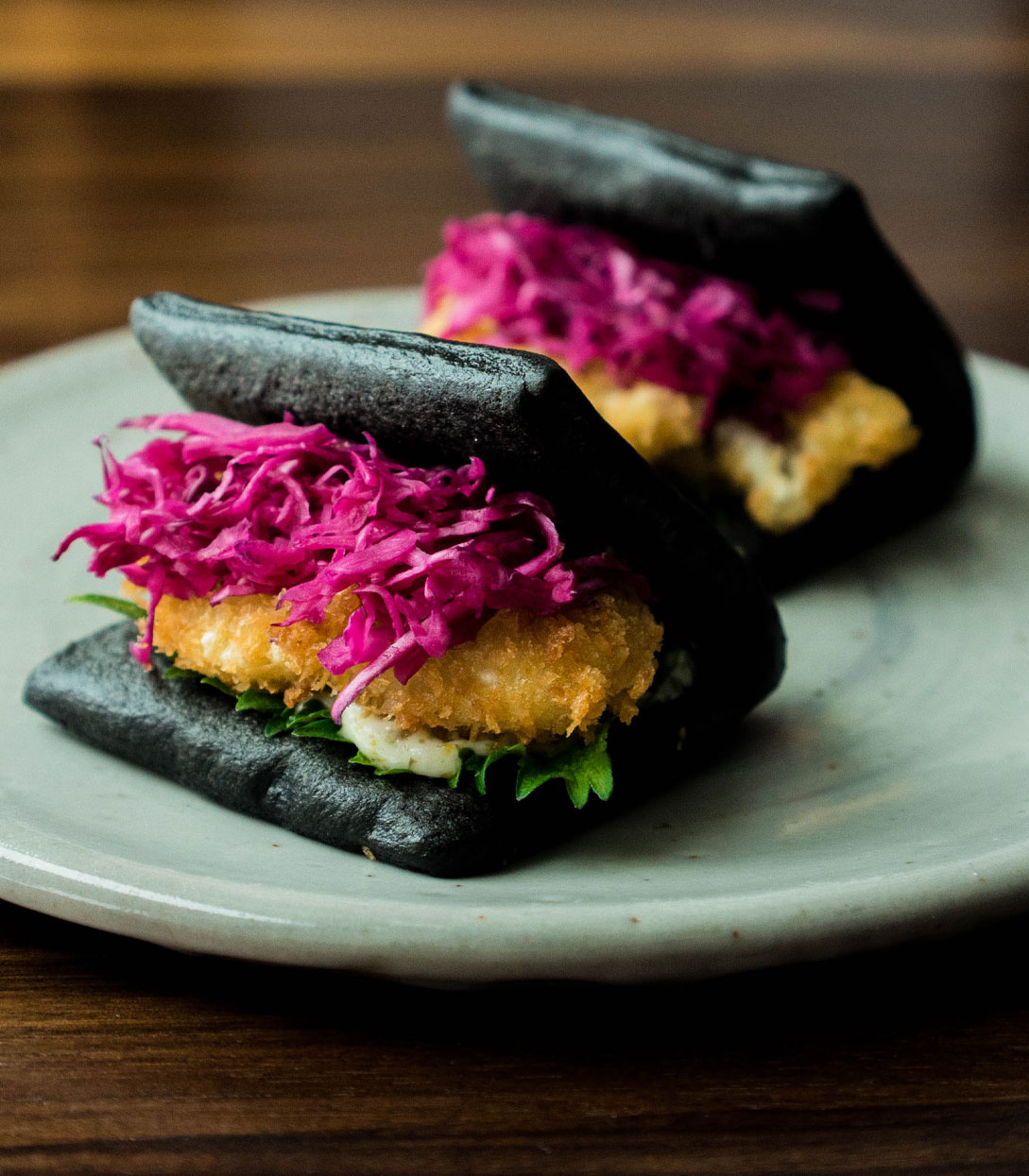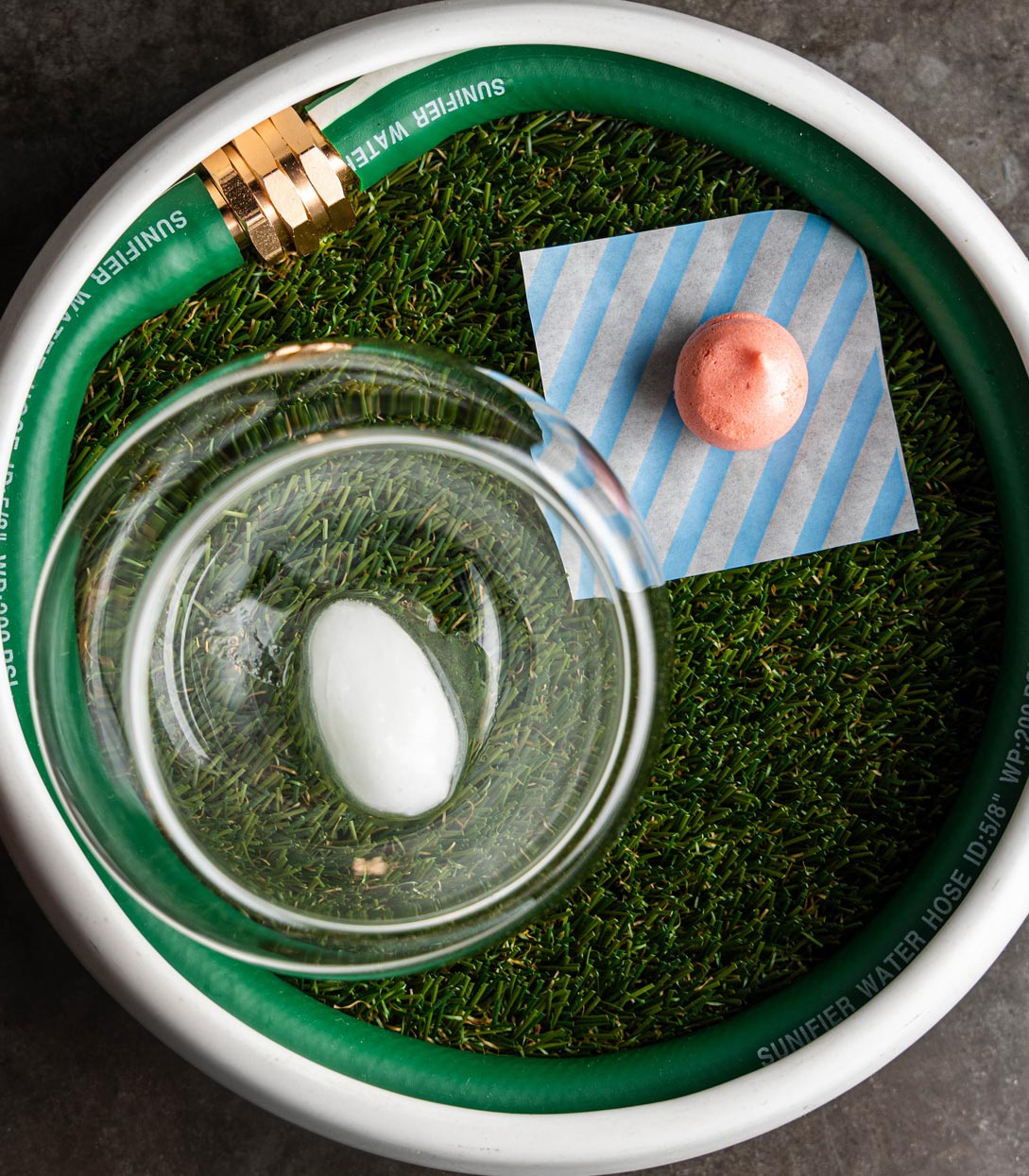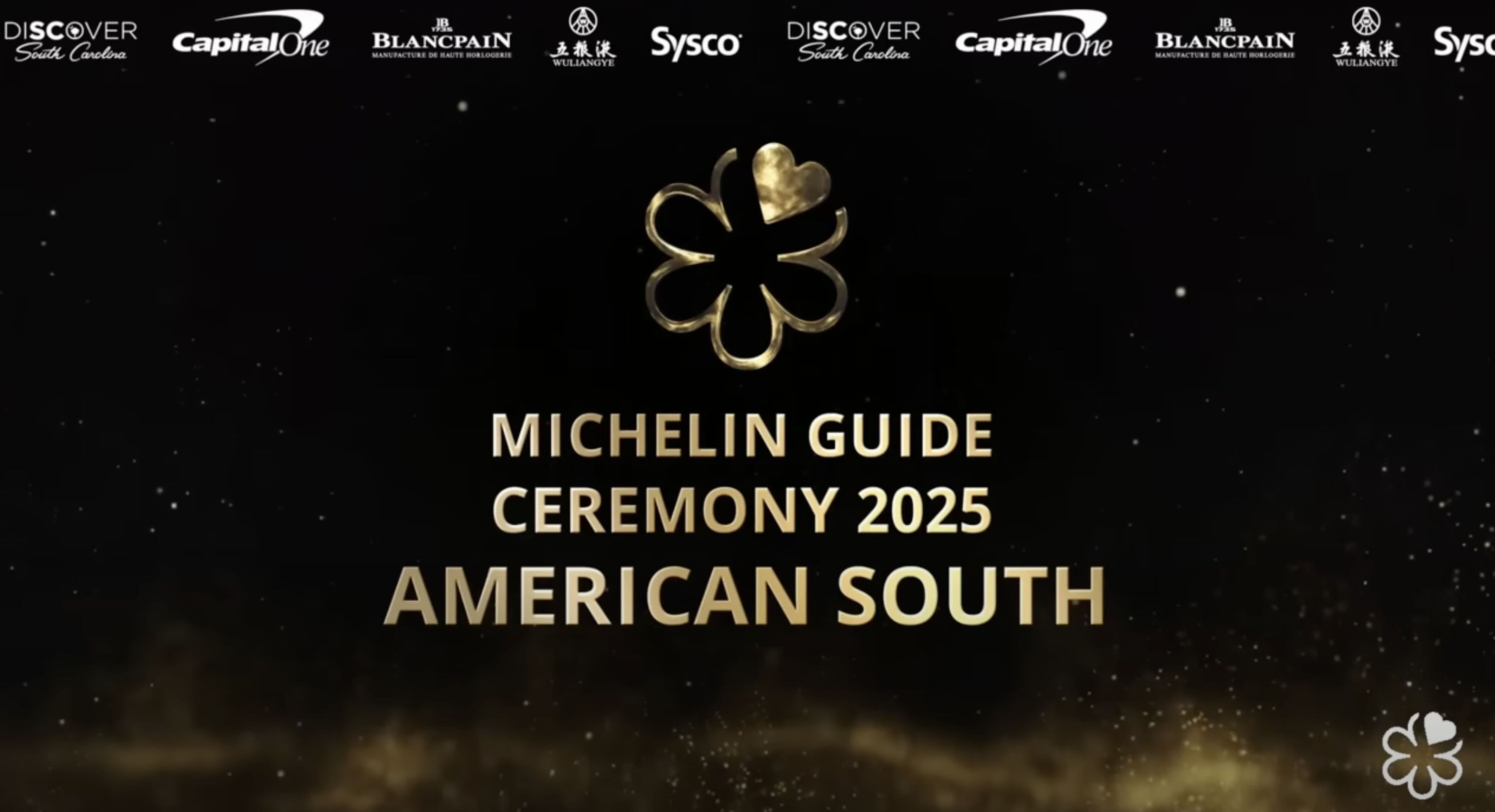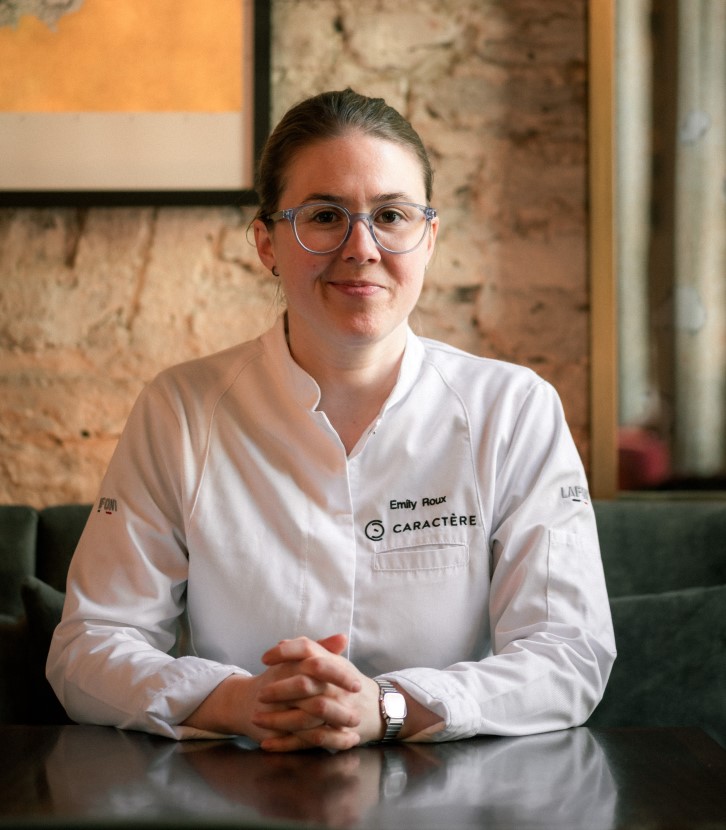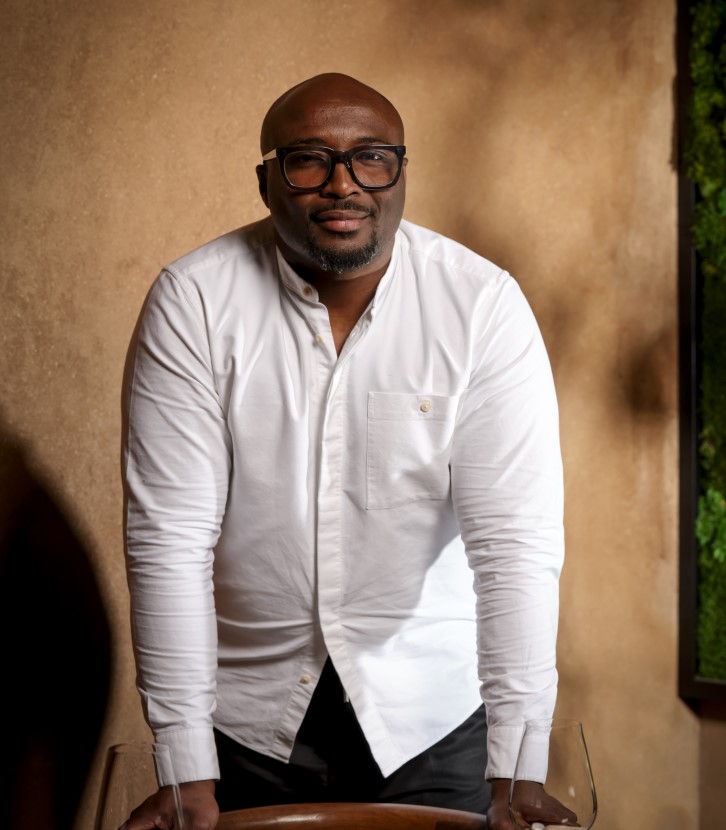Tucked behind a banchan (translation: 'side dishes') shop in Long Island City, Meju is the only MICHELIN Starred restaurant in Queens. For those that are familiar with the culinary scene in Queens, this isn’t surprising. Albeit far from the hustle and bustle of Manhattan, Queens has always been known as the go-to spot for authentic and delicious regional cuisine. And chef/owner Hooni Kim’s Meju is one of those.
What sets Meju from the rest is the use of traditional Korean fermentation techniques and creating dishes that are not only delicious, but also healthy. “Traditional Korean cuisine has its roots in health and using clean, healthy ingredients as medicine,” says Kim. “As a true traditional Korean cook, I want to cook for your health using ingredients that are true to Korean history and tradition.”
Perhaps more importantly, though, is Meju’s sense of intimacy and focus on educating diners. “At Meju, I don’t just cook for my guests, I do my best to give them a better understanding of what traditional Korean fermentation is and why it's so precious, unique, and healthy,” Kim explains. “Many of my guests have remarked that it feels like I'm hosting a private dinner with them in my home and that's something I really enjoy.”
Below, get the full dish from Kim on what makes Meju magical, and check out our Inspectors' official take here.
The idea behind Meju is to show New York the foundations of traditional Korean cuisine—specifically fermented jangs (Korean sauce) that preserve and serve as the flavor for many Korean dishes. “These wild fermented jangs, made from meju blocks (cooked soybeans that are crushed and shaped into blocks and then dried and tied with rice stocks), are uniquely Korean,” describes Kim. “They are the source from which all the popular and distinct Korean flavors come from.”
The name “Meju” is derived from meju blocks. “[It's] where the wild fermentation process starts, it’s where new bacteria is born before it’s transformed into jangs,” Kim adds. “For a Korean fermentation restaurant, it made perfect sense.”
But that emphasis on fermentation comes with its own set of headaches—the primary one being the fermented ingredients themselves. In a world of mass production where companies have sacrificed quality for quantity, mass produced fermentation typically result in lacking flavors and weak probiotics. “Those are almost meaningless to cook with it,” Kim tells me. “It's why I decided to learn how to ferment myself and to make sure I made my jangs the traditional Korean way using wild fermentation.”
Depending on his own fermentation also meant a weekly menu that was based on whatever’s available at the farmers market. “There were doubts at first—could a Korean fine dining restaurant be created without truffles and caviar? Would people be willing to travel across the river to Queens just to eat fermented foods in a restaurant behind a barchan shop? Ever since we have opened our doors though, our guests have really embraced and relished my food and my concept which is really energizing.”
For Kim, that dedication has paid off in spades, with Meju recently earning a MICHELIN Star and officially becoming the only starred restaurant in Queens. But for the Seoul native, this is familiar territory—he was also the chef/owner to Danji, the first ever MICHELIN-starred Korean restaurant in the world, and Hanjan, the Korean comfort food staple in New York. “I have always felt that my role in Korean cuisine is to be a messenger. I want to show the world how precious and exceptional the real traditions of Korean cuisine are,” Kim remembers. “Earning that (MICHELIN) Star gave me a pathway to really learn so much about traditional food. It’s been 12 years and I’m still learning.”
Before all the accolades and MICHELIN Stars though, Kim was actually on the path to become a doctor. “I had a working mom who didn’t cook much at home, so I was always constantly eating out from a young age. Food became something that always gave me joy, and it gradually became a passion,” Kim reminisces. “At the time though, becoming a chef wasn't considered a good career choice for Koreans. So I went to medical school but then ended up dropping out because of all the anxiety and negative energy I felt while working in hospitals. I took a quick culinary course at FCI in Soho and interned at Daniel before they hired me.”
His advice for others hoping to follow in his footsteps? “Get in touch with your roots and heritage, because it'll drive your creativity once you have the skills to be able to create,” Kim adds. “Becoming a chef was the best decision I have ever made and I've never regretted it.”
Hero image: Sean Kim/Meju






